Antonio Salieri (1750 - 1825)
 Italie
Italie
 Italie
ItalieAntonio Salieri (18 August 1750 – 7 May 1825) was an Italian classical composer, conductor and teacher born in Legnago, south of Verona, in the Republic of Venice, but who spent his adult life and career as a faithful subject of the Habsburg monarchy.
Salieri was a pivotal figure in the development of late 18th-century opera. As a student of Florian Leopold Gassmann, and a protégé of Gluck, Salieri was a cosmopolitan composer who wrote operas in three languages. Salieri helped to develop an ... (Read all)
Source : Wikipedia
Salieri was a pivotal figure in the development of late 18th-century opera. As a student of Florian Leopold Gassmann, and a protégé of Gluck, Salieri was a cosmopolitan composer who wrote operas in three languages. Salieri helped to develop an ... (Read all)
Source : Wikipedia
FREE SHEET MUSIC
- 18th Cent
Active criterias:
Search
| |||||||||||||||||||||||||||||||||||





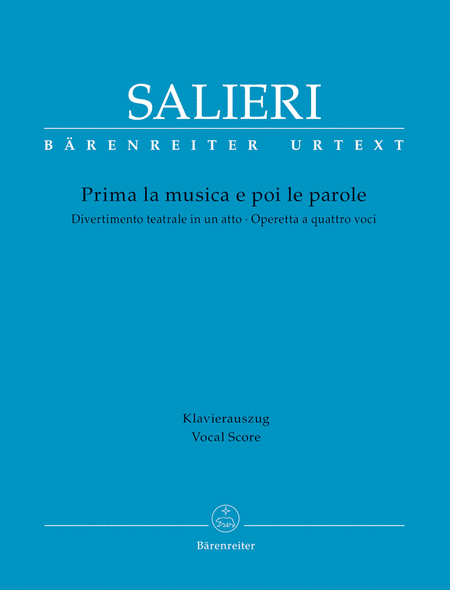
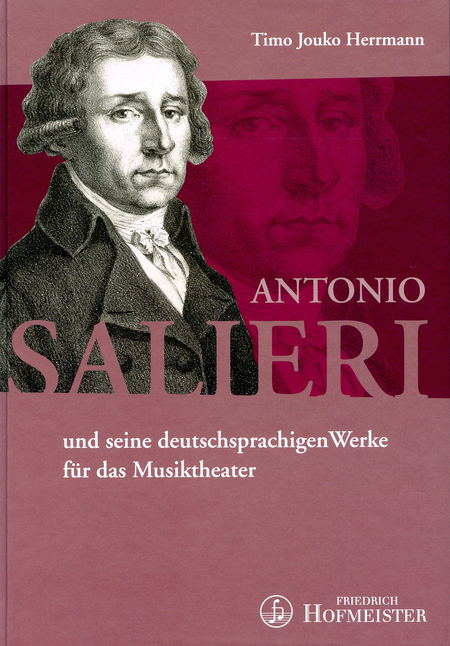
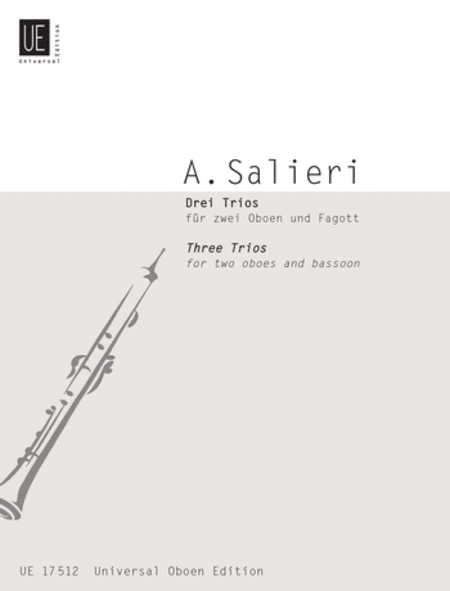
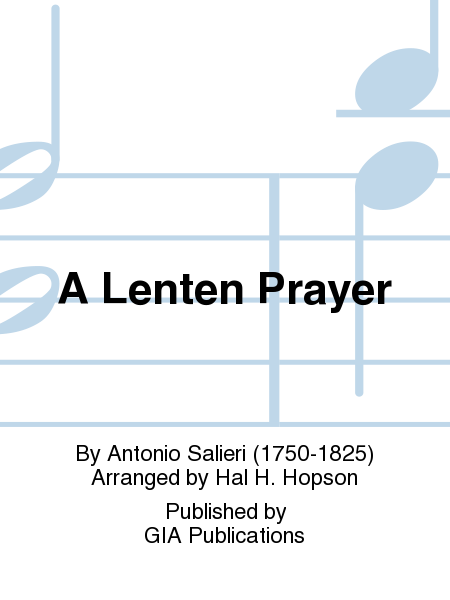
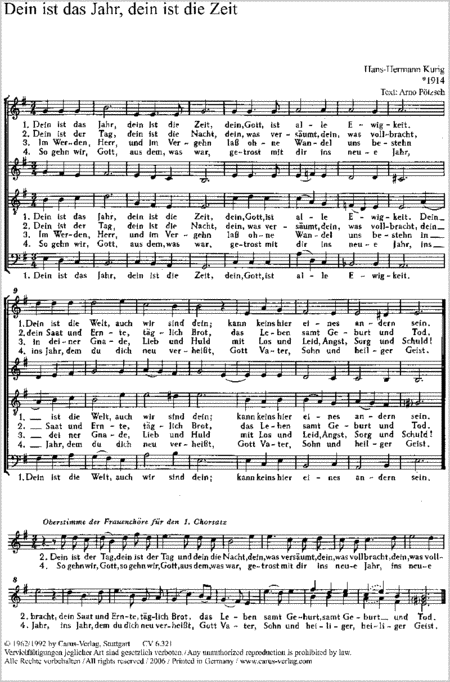








 SHEET MUSIC
SHEET MUSIC